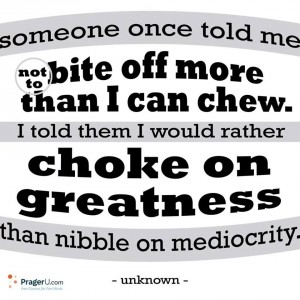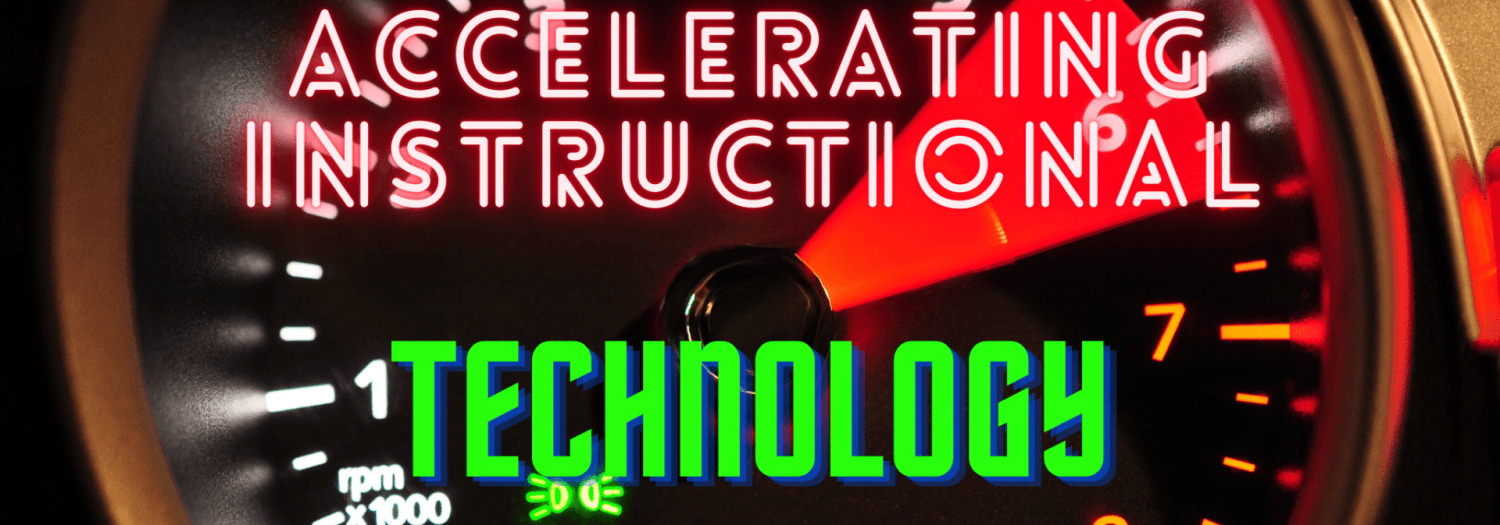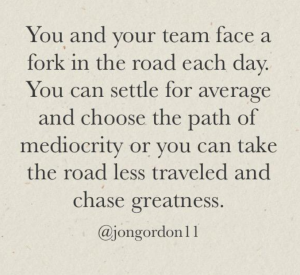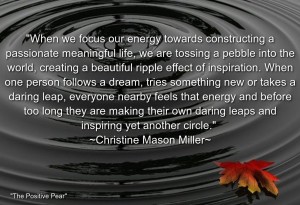In the last year I was fortunate enough to attend five Edcamps, two of those I helped organize. During Edcamp Leadership at Gahanna Lincoln High School in Ohio, I broke down and signed up for Voxer, downloaded the app on my phone, and engaged in conversation. I say I broke down because I was initially worried about the time commitment it would require and I was beginning to monitor my time a bit better. In reflection, I am proud to say Voxer has been a transformative addition to the informal learning options that I’ve engaged in during the last few months. The time commitment is extremely low and it’s so easy to use. It has strengthened my relationship with educators that mentor and influence me in ways I could never have imagined. Once again, I am in awe of the power of connections. To have the ability to reach out and receive quick and specific communication is incredibly empowering.
The next chapter in my career as an educator appears to be on the horizon. In the next few months I’ll complete my coursework and begin pursuing leadership opportunities immediately. It’s humbling to think back on the impact that social media has had on my classroom and my students. But I’m also thankful for the role it has played in preparing me for the next chapter. I want to list a few of my hopes and dreams for 2016:
- First, I hope to see educators in West Virginia make a commitment to informal learning opportunities. To be honest, in my conversations with leaders from others states, leaders who have seen this investment take hold, I’ve learned that educators who rely solely on school or district provided learning opportunities are now irrelevant to today’s students. I understand how brash that sounds. That’s not an indictment of today’s learning opportunities provided by schools and districts. The fact is, those opportunities have become fewer and fewer over the last decade, and in general, the bulk of those opportunities are dictated by policy changes, funding, and top-down mandates. Learning opportunities that leverage educators voice and choice, provide time for conversation, and implement structures that engage ongoing feedback are just far and few between. Conferences and professional development are quality opportunities for educators, but not everyone is provided the chance to attend those. Let’s be frank, informal learning opportunities won’t take hold unless West Virginia’s leaders begin modeling the change themselves. How can school leadership make growth a part of the evaluation process? How can statewide organizations that lead professional development opportunities empower educators and leaders across the state to engage and invest in edchats, podcasts, book studies, webinars, Voxer chats, reflections, innovation, risk taking, sharing, and growth? I believe the question facing most WV educators, leaders included, in right now is why? Why engage? What’s the benefit? It’s a legitimate question and too many educators don’t see the need for change. How can we take an honest look at what students are experiencing in classrooms and examine what needs to change?
- The mentors who have influenced me the most are all servant leaders. They all invest in developing capacity in those around them. I hope to inspire in 2016. This will require I listen more than I speak. It will require that I disrupt the status-quo and empower others to step outside of comfort zones. It will require that I act with intention, evaluate my options, and relentlessly pursue above the line responses to events I encounter.

- Last, I want to engage my students in opportunities for deeper and uncommon learning. 2015 ended with my students creating Kahoots, Quizlets, and Nearpod lessons to prepare for their semester exams. The best value from that experience came from the questions my students asked themselves. They spent a lot of time thinking about how to design accurate formative assessment opportunities. I got to have conversations with students about how to measure whether a person can or can’t meet a specific target. I hope to expand on that momentum and continue to develop metacognition in my students. We’re going to start 2016 with this form.


